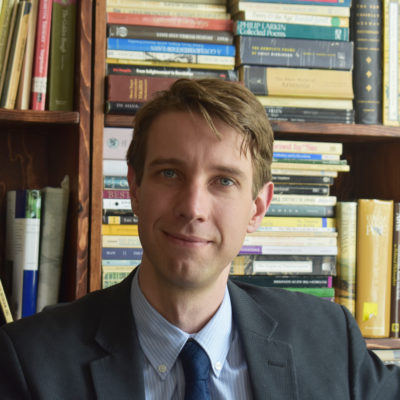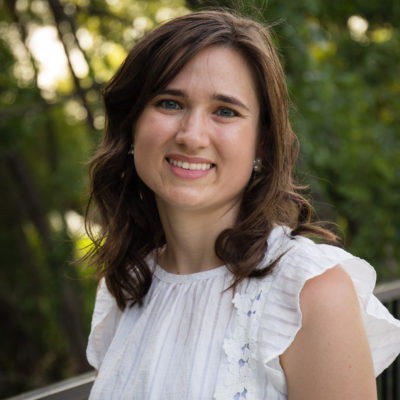"Wisdom without eloquence is of little advantage, but eloquence without wisdom is most mischievous."
-- Cicero, On Invention
Trivium
The Trivium track at Wyoming Catholic College seeks to cultivate the arts of language. Companion to the study of logic in the Philosophy track and the study of grammar in Latin, the Trivium track focuses on rhetoric. The art of rhetoric attends to all three ways, leading the soul to truth, goodness, and beauty through written and spoken language. Students learn to discover and formulate insightful and coherent arguments, to arrange them persuasively, and to express them in precise, vivid diction in clear, elegant sentences. The Trivium curriculum forms writers and orators whose powerful persuasions impart to their readers and audience an enlivened understanding of the subject matter.
For more information about the Trivium at Wyoming Catholic College, see our Academic Catalog.
Courses
This course serves as an introduction to the rhetoric of collegiate writing, with a special emphasis on the invention of strong thesis statements, the organization of thought, and the composition of clear and compelling sentences—the first three canons of classical rhetoric: invention, arrangement, and style—in order to help students appeal to their audience through their logos, pathos, and ethos.
Having mastered the basic elements of written rhetoric, students begin the semester with Plato’s and Aristotle’s considerations of spoken rhetoric’s relation to political philosophy. Next, by analyzing and modeling Greek and Roman, English and American orations, students come to appreciate the role political rhetoric played in founding and preserving republican liberty. Their sequential practice of the building blocks of classical oratory (the progymnasmata) teaches them how to craft their own forceful and eloquent speeches. Within both this critical and practical frame, the student-orators then design and deliver speeches on topics which are consequential to their own regime.
As the culminating effort in which to demonstrate mastery of the verbal operations of reading, writing, listening, and speaking, as well as the art of reasoning, each student at Wyoming Catholic College researches and writes a senior thesis on a significant topic of his or her own choice. The student delivers, without a manuscript, an oration on the same topic in front of a public audience, followed by a question and answer period. In contrast to the previous Trivium courses, where a classroom of students meets with a professor for exercises and coaching in grammar, logic, and rhetoric, the last year is characterized by individual meetings with the thesis adviser. Both the thesis and the oration are expected to show the characteristic signs of leisurely study: depth and breadth of relevant knowledge, careful and nuanced consideration of ideas, argumentative rigor, confident organization, and a rhetorically effective style. The thesis and oration are together classified as TRV 401–402; each semester receives a grade, two credits for the former and one for the latter. In and of themselves, preparing the thesis and delivering the oration hold as much weight in the curriculum as a regular three-credit course.
TRV 401
In the senior thesis, the student frames a question of the sort that the texts in the curriculum themselves frame, and, in dialogue with one or more such texts and under the direction of a professor, the student refines, explores, and answers the question. The student’s answer is not intended to be definitive and exhaustive, but neither can it be superficial or simply the repetition of authority. The ability to carry out such an intensive investigation and to account for and defend its conclusions is an important aim of the College’s overall program. A successful senior thesis and oration may be seen as a formal and public display that the student has attained such ability in his own right.
TRV 402
The senior oration is a public lecture of 30 minutes (neither significantly more nor appreciably less), followed by a question and answer period of no more than 30 minutes. Held within the first month of the last semester, the oration is always to be based upon the senior thesis, although it can look to one or another aspect of the thesis topic and need not cover exactly the same ground or utilize exactly the same research. It must be clearly and logically organized, make use of appropriate rhetorical tropes, manifest the speaker’s familiarity with the topic, and exhibit sound judgment. In general, the student should aim to implement what he has learned in previous Trivium courses.




